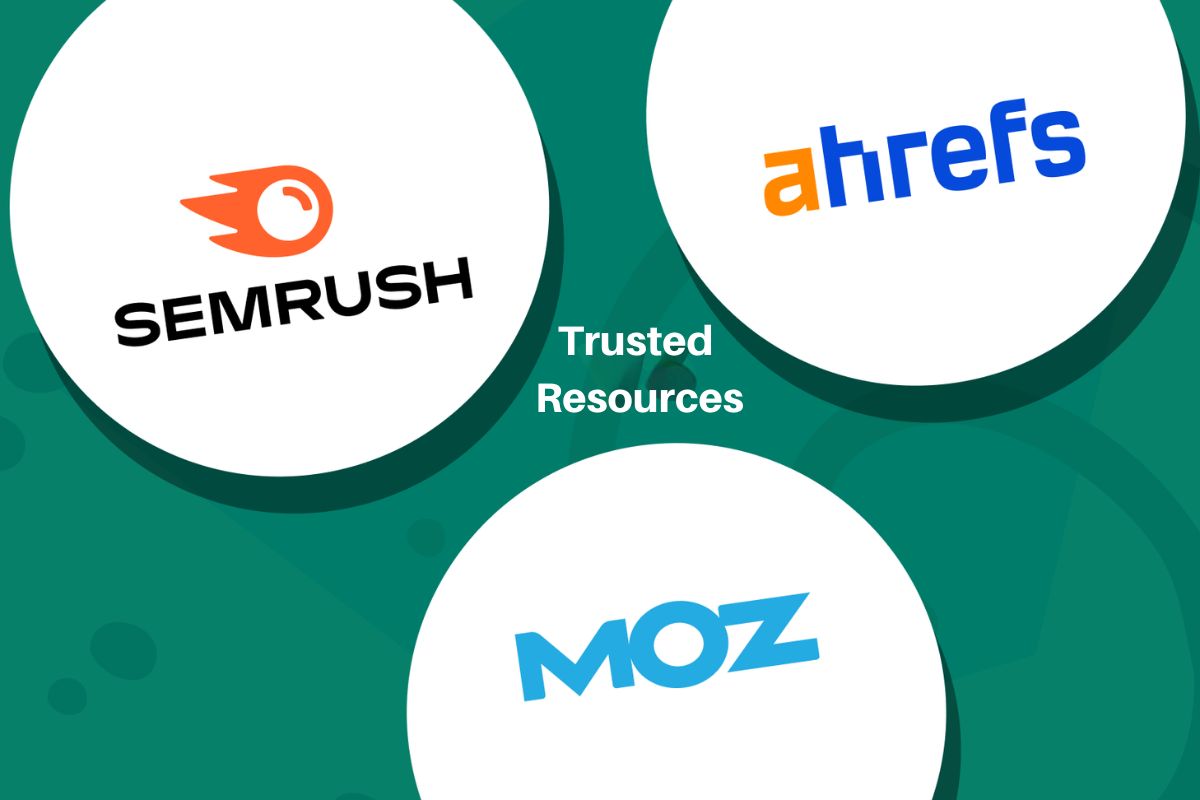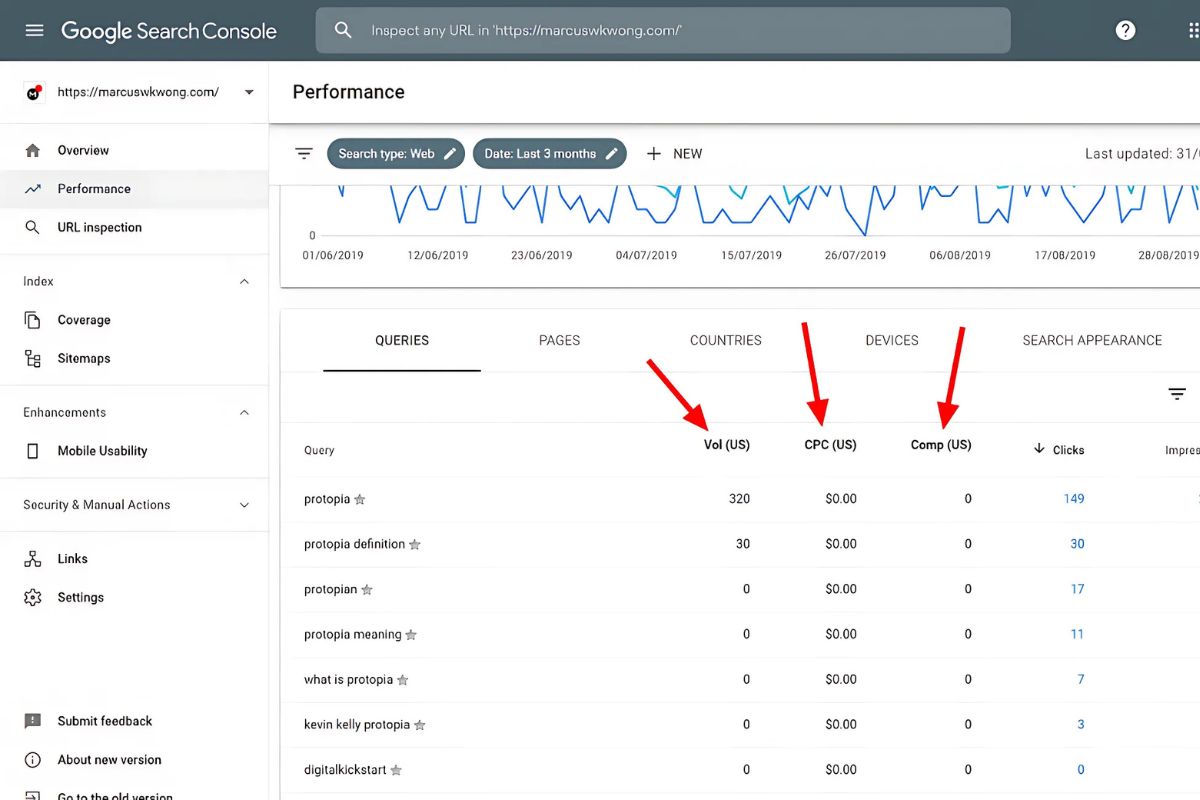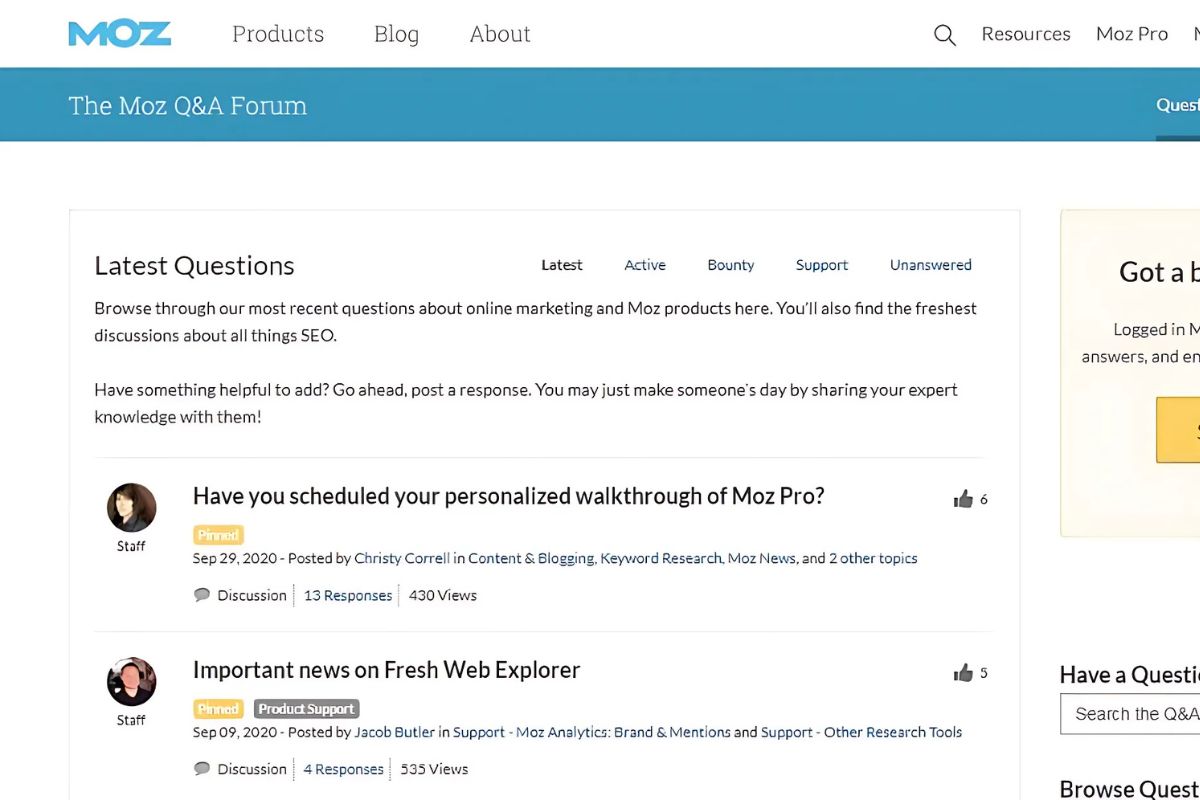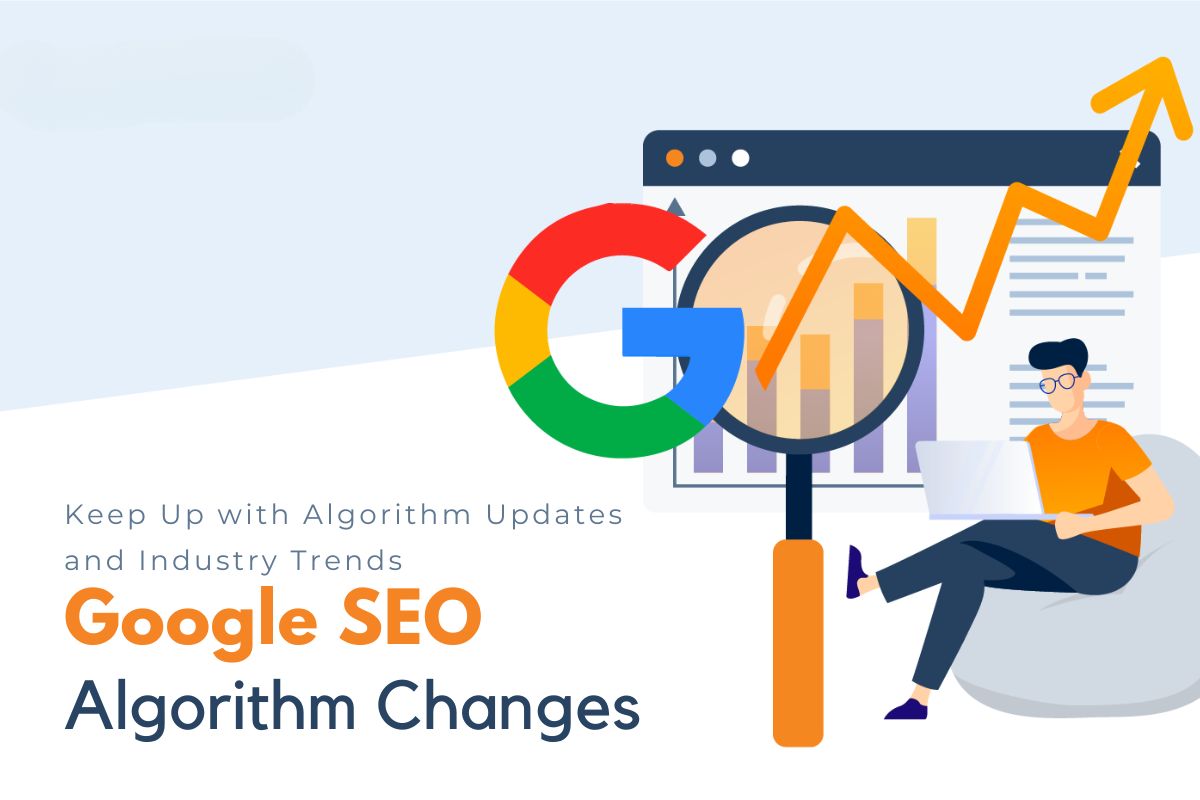In today’s digital age, Search Engine Optimization has become an essential skill for anyone looking to build an online presence. While there are countless courses and training programs available, one common question remains: Can SEO be self taught?
In this complete guide, GODI will walk you through how beginners can learn SEO basics, and where to find the best self-study SEO resources, including free SEO tutorials in 2025.
Key takeaways:
|
Can SEO Be Self Taught?
Before answering the question “Can SEO be self taught?”, it’s essential to understand what SEO actually means. Search Engine Optimization (SEO) means optimizing your website to rank higher in search results—covering keyword research, content creation, technical audits, and link building.

SEO helps drive organic traffic to a website without relying on paid advertising
So, can SEO be self taught? The answer is yes.
With access to DIY SEO strategies, online tutorials, and reliable resources, anyone willing to learn can build strong SEO skills independently. However, like any skill, mastering SEO requires time, experimentation, and the ability to stay updated with ever-evolving search engine algorithms.
Before diving deeper, make sure to download our comprehensive Top Free SEO Learning Resources (2025) for a handpicked list of free courses, guides, and tools to accelerate your self-study journey.
6 Benefits of Self-Learning SEO: Why It’s Worth Trying

Advantages of self-learning SEO
Before diving in, let’s explore why more people are choosing to take the self-taught route when it comes to SEO:
- Cost-Effective Learning: Avoid the high fees of premium SEO courses by tapping into a wide range of free SEO resources, high-quality tutorials, blogs, and online tools that are easily accessible.
- Flexible Time and Learning Pace: Self-learning gives you full control over your schedule. You can study whenever it fits your lifestyle and adjust the speed to match your comfort level.
- Applying new knowledge immediately: Apply what you learn in real-time to your own blog or website, helping you build confidence and gain practical skills through direct experimentation.
- Access to Diverse Learning Materials: Explore a broad spectrum of self-study SEO resources – videos, articles, webinars, communities – which offer multiple perspectives and allow you to choose the methods that work best for you.
- Building a Strong Foundation: Start with the core principles of SEO and gradually move toward advanced techniques, ensuring a deeper understanding that supports long-term success in the field.
Common Challenges When Teaching Yourself SEO

Some common challenges when self-learning SEO you need to notice
Despite its many advantages, self-learning SEO comes with its own set of challenges:
- Lack of Structure and Clear Roadmap: Without a clear learning path, it’s easy to fall into the trap of scattered learning, missing critical SEO fundamentals.
- Information Overload The internet is flooded with SEO content including many online resources that are outdated or inaccurate. Without a mentor, it’s hard to filter information, leading to overwhelm and disorientation.
- No Immediate Feedback or Mentorship: When you encounter difficulties or uncertainties, you’ll lack someone to ask for help, receive feedback, or exchange experiences with, slowing down your learning process.
- Risk of Giving Up/ Lack of Motivation: Learning alone requires discipline. Without deadlines or accountability, it’s easy to lose momentum.
- Slower Professional Growth: Compared to structured SEO training for beginners, self-taught learners may take longer to reach an expert level or gain credibility in the job market.
Step-by-Step Guide to Effective Self-Learning SEO
To overcome these challenges and optimize your self-learning process, let’s explore the 8 following steps:
- Set Up a Personal Website or Blog for Practice
- Learn SEO Fundamentals
- Use Trusted Learning Resources
- Familiarize Yourself with Essential SEO Tools
- Create a Structured Learning Schedule
- Join SEO Communities and Forums
- Keep Up with Algorithm Updates and Industry Trends
- Practice Consistently and Review Your Progress
1. Set Up a Personal Website or Blog for Practice
Before diving into theory, create a space to apply what you learn. A simple website or blog allows you to apply SEO skills, test strategies, and see direct results. This not only reinforces your knowledge but also builds an impressive portfolio.
For example, you can start a personal blog about a topic you love like food, travel, or yoga to both learn SEO hands-on and build a real portfolio that showcases your progress.

Create your own blog or website to apply SEO knowledge in real time and track results
Recommended platforms for beginners:
- WordPress: Popular, flexible, and offers numerous SEO-friendly plugins.
- Blogger: Simple, free, and easy to use for beginners.
- Wix: Intuitive drag-and-drop platform, suitable for those who want to build a website quickly.
2. Learn SEO Fundamentals
Starting with the Learn SEO basics is the most crucial step. You need to grasp basic concepts:
- Keyword research: Learn how to find the words and phrases people use to search for content related to your topic.
- On-page SEO: Understand how to optimize title tags, headers, and meta descriptions to make your pages more search-engine friendly.
- Off-page SEO (backlinks, domain authority): Off-page SEO involves your website’s reputation on the web. Attracting backlinks from other reputable sites (especially reputable sites in your industry) signals to search.
- Technical SEO (crawlability, site speed, mobile optimization): Technical SEO optimizing your website’s technical elements like page speed, mobile-friendliness, site structure, sitemap, robots.txt, etc.
→ Important terms to understand: crawlability, indexing, backlink, meta tags, schema markup, Core Web Vitals, organic traffic, SERP (Search Engine Results Page).
Suggested practice: Use Google Keyword Planner to research keywords, then optimize a sample blog post using on-page SEO elements for the website or blog you created earlier.
If you’re just getting started, it helps to master the basics of a well-structured blog post. Check out this guide on creating SEO-friendly headings.
3. Use Trusted Learning Resources

Explore reliable websites like Moz, Ahrefs,… to learn SEO the right way
To avoid information overload and ensure the quality of your knowledge, turn to reputable self-study SEO resources. Here are some of our recommendations:
- Moz Beginner’s Guide to SEO
- Google Search Central
- Ahrefs
- Search Engine Journal
- SEMrush
In addition to blogs, there are free and paid courses specifically designed for beginners. Platforms like Coursera, Google Analytics Academy, MOZ Academy, and Semrush Academy offer structured learning paths, many at no cost. These materials help build a strong foundation and ensure you’re learning SEO based on current best practices.
4. Familiarize Yourself with Essential SEO Tools
SEO tools will help you monitor, analyze, and improve the functionality of your website:
- Google Search Console: A free tool from Google that helps you monitor your website’s performance on Google, identify crawling errors, see what keywords are bringing traffic, and view inbound links.
- Google Analytics: Analyzes user traffic and behavior on your website (time on page, bounce rate, traffic sources, etc.).
- Google Keyword Planner: A free tool within Google Ads that assists with keyword research, estimating search volume, and competition.
- Other supporting tools (free versions or trials): MozBar, Ahrefs, SEMrush,…

How users can monitor keyword data and fix crawl errors after connecting their website
For example: Start by creating a Google Search Console account and linking it to your website. Once connected, you can check which keywords people use to find your site and fix any issues Google detects. This is a great way to get hands-on experience with basic SEO monitoring.
5. Create a Structured Learning Schedule
Establish a structured learning path to ensure you don’t miss important knowledge:
| SEO Activity | Skill Level Required | Initial Learning Period | Details |
|
Keyword Research & Competitor Analysis |
Beginner | Week 1-2 | Learn how to find relevant keywords and analyze what competitors are ranking for. |
|
On-Page Content Optimization |
Beginner
Intermediate |
Week 3-4 |
Understand how to optimize titles, meta tags, headings, and internal links. |
| Intermediate | Week 5-6 |
Explore key technical aspects: site speed, mobile-friendliness, sitemap, robots.txt. |
|
|
Link Building Strategy |
Intermediate | Week 7-8 |
Develop a plan for acquiring backlinks through outreach, content, and directories. |
| Performance Tracking & Continuous Optimization | Intermediate | Week 9+ |
Use tools like Google Analytics and Search Console to monitor and improve performance. |
You might be wondering if you need a strong tech background to be great at SEO. Find out how much coding you actually need to be an SEOer
6. Join SEO Communities and Forums
One effective learning tool is networking. According to a Moz community survey, over 68% of SEO professionals credit forums, peer discussion, and expert content as key factors in their learning journey.

Joining SEO communities help you get real feedback from experienced professionals
Engaging with SEO communities allows you to:
- Join Facebook groups, Reddit communities, and SEO forums like Moz Q&A or SEO Signals Lab to ask questions, share progress, and learn from others’ experiences.
- Follow SEO experts on social media: LinkedIn, Twitter (X), YouTube, and personal blogs. For example, you can follow Barry Schwartz on Twitter (X) for the latest SEO news. Marie Haynes shares Google algorithm insights on LinkedIn and her blog.
Top International SEO Learning Resources
Expanding your SEO knowledge through reputable global resources helps you stay updated, connect with the worldwide community, and learn directly from industry experts. Here are some of the most outstanding international sources for learning SEO:
YouTube Channels
- Ahrefs: Practical SEO tutorials, case studies, and advanced strategies.
- Google Search Central: Official channel from Google, featuring algorithm explanations, optimization guides, and Q&A with Google’s team.
- Semrush: Insights on SEO techniques, industry updates, and digital marketing strategies.
- Neil Patel: Actionable tips on SEO, content marketing, and driving organic growth.
SEO Podcasts
- The SEO Show: Covers trending SEO topics, algorithm updates, and real-world agency experience.
- Search With Candour: Focuses on technical SEO, data analysis, and in-depth case studies.
- Edge of the Web: Features expert interviews, SEO news, and comprehensive marketing discussions.
7. Keep Up with Algorithm Updates and Industry Trends

Stay informed about the latest Google algorithm updates to keep your strategies effective
Google updates its algorithm many times a year, with major updates significantly impacting search rankings. Staying informed helps you adjust your strategies accordingly.
- Track changes to the Google algorithm: through credible SEO news channels and the official Google Search Central blog.
- Adjust your SEO strategy accordingly: Be ready to adapt and modify your plans as changes occur.
By keeping up with trends, you’ll avoid outdated practices and position your content to meet current search engine standards.
8. Practice Consistently and Review Your Progress

The more you practice, the more confident and skilled you’ll become
A HubSpot report from 2023 says that marketers who check their SEO performance at least once a week are 2.5 times more likely to get a good return on investment from organic traffic efforts. No matter how much theory you read, practice is what makes you good at something:
- Use what you know on real projects on a regular basis: Write articles, improve your website’s content, and build links to it.
- Use metrics like traffic, ranking, and bounce rate to see how well it works: Check how well you’re doing with Google Analytics and Search Console.
- Change what you do based on what works in the real world to get better: To keep getting better at SEO, look at what works and what doesn’t.
Frequently Asked Questions About Self-Taught SEO
- Is SEO difficult to learn on your own?
Not necessarily. While SEO does have a learning curve, many beginners find it quite manageable with the right resources and consistent practice. - How long does it take to learn SEO basics?
If you put in regular effort, you can usually grasp the SEO basics within 2-3 months. To truly master it, you might be looking at 6-12 months, depending on how dedicated you are. - Are there any free resources for SEO training?
Yes! Many free SEO tutorials are available from Google, Moz, Ahrefs, and other trusted platforms.
Read more: 25 Proven SEO Techniques to Boost Your Rankings in 2025
- Can I get a job with self-taught SEO skills?
Absolutely. Building a portfolio through your own projects or freelance gigs demonstrates your capabilities and often speaks louder than certificates. - Do I need coding skills to learn SEO?
Not necessarily. Basic HTML is helpful but not mandatory. Most SEO work can be done with tools and CMS platforms like WordPress.
Conclusion
In today’s fast-paced online world, understanding how search engines work isn’t just an advantage, it’s essential. At Golden Owl Digital, we believe SEO is more than just a technical skill – it’s a gateway to long-term digital success.
So, if you’ve ever wondered, “Can SEO be self-taught?” – the answer is a resounding yes. With the right resources, dedication, and a clear strategy, anyone can master the fundamentals of SEO and apply them with confidence. Start small, stay focused, and before long, you’ll be optimizing with confidence and seeing real results.

Jaden is an SEO Specialist at Golden Owl Digital. He helps brands rank higher with technical SEO and content that resonates






